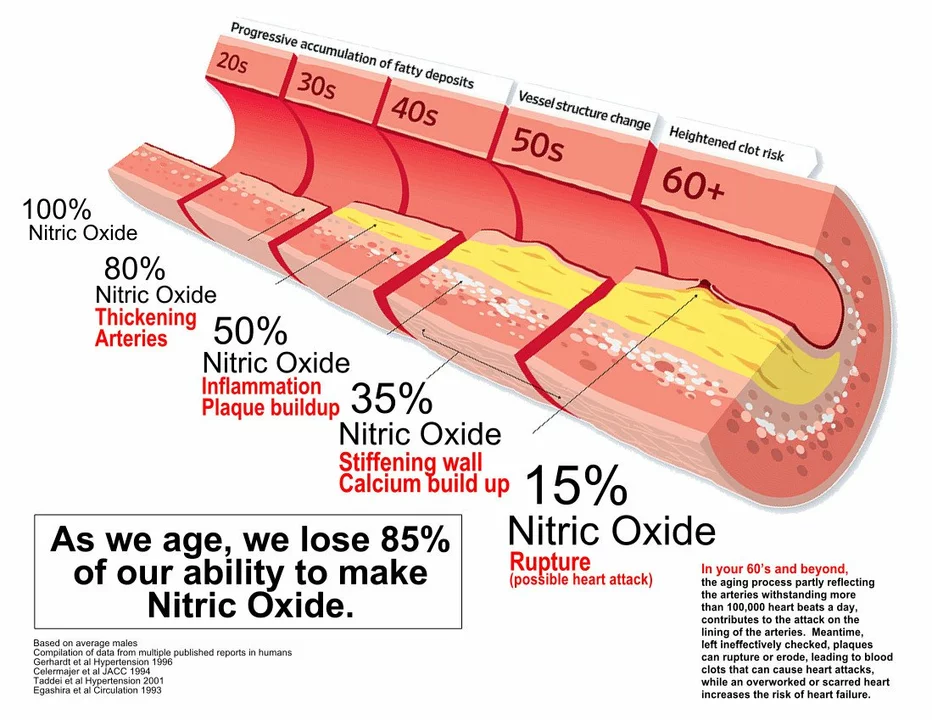Introduction: Debunking the Myth
As a squash enthusiast, I've often heard the claim that squash can cause heart attacks. The idea that my favorite sport could be potentially life-threatening has always been a cause for concern. In this article, I will delve into the various aspects of this topic, discussing the risks and benefits of playing squash, and ultimately, answering the question: is squash a heart attack sport? Let's dive in and explore the truth behind this claim.
The Physical Demands of Squash
Squash is an intense, high-energy sport that requires quick reflexes, agility, and stamina. Players must be able to sprint, twist, turn, and jump, all while maintaining their focus on the ball. This level of physical exertion can lead to an increased heart rate, which is a natural response to exercise. However, it's essential to understand that an elevated heart rate does not automatically equate to a higher risk of heart attack. In fact, regular exercise is crucial for maintaining a healthy cardiovascular system.
Know Your Limits: Understanding the Risk Factors
While squash can be a fantastic form of exercise, it's essential to be aware of the risk factors associated with any physical activity. Factors such as age, pre-existing medical conditions, and fitness level can all impact your risk of experiencing a heart-related issue while playing squash. For example, if you have a history of heart disease, high blood pressure, or obesity, you may be at a higher risk. It's crucial to consult with your doctor before engaging in any high-intensity sport, including squash, to ensure that you are aware of your risk factors and can take appropriate precautions.
Preventing Heart-Related Issues: Tips for Safe Play
There are several steps you can take to minimize your risk of experiencing a heart-related issue while playing squash. First and foremost, always consult with your doctor before engaging in any form of exercise, especially if you have known risk factors. Additionally, consider the following tips:
- Gradually build up your fitness level, particularly if you are new to squash or have been inactive for a while.
- Warm up and cool down before and after each game to help prevent injury and reduce the strain on your heart.
- Stay hydrated and take breaks when needed.
- Pay attention to your body – if you experience any chest pain, dizziness, or shortness of breath, stop playing immediately and seek medical attention.
The Benefits of Playing Squash: A Healthy Heart
While it's essential to be aware of the potential risks associated with playing squash, it's also important to recognize the numerous health benefits the sport offers. Regular physical activity, including playing squash, can help improve overall cardiovascular health, lower blood pressure, and reduce the risk of heart disease. Additionally, the fast-paced nature of squash can help improve hand-eye coordination, balance, and agility, all of which are crucial for maintaining a healthy body and mind.
Squash vs. Other Sports: A Comparative Look
It's worth noting that squash is not the only sport that can cause an elevated heart rate or be physically demanding. Many other sports, such as basketball, soccer, and running, can also lead to an increased heart rate and require a high level of physical exertion. The key is to choose a sport that suits your individual needs, preferences, and risk factors. Always consult with your doctor before starting any new exercise regimen.
Playing Squash at Different Levels: Finding the Right Balance
One of the great aspects of squash is its versatility. The sport can be played at various levels, from casual social games to competitive matches. This allows players to find the right balance of intensity and risk for their individual needs. For those who may be at a higher risk for heart-related issues or who are new to the sport, starting with a more relaxed, social game can be an excellent way to enjoy the benefits of squash without putting undue strain on your heart.
Testimonials: Squash Players Share Their Experiences
Many squash players have found the sport to be an enjoyable and effective way to stay active and maintain a healthy lifestyle. Some players have even reported that regular squash games have helped them lower their blood pressure, lose weight, and manage their stress levels. It's important to remember that each person's experience will differ, and it's crucial to listen to your body and consult with your doctor as needed.
Conclusion: Squash and Your Heart
So, is squash a heart attack sport? The answer is not as clear-cut as one might think. While the sport can be physically demanding and may pose risks for individuals with certain pre-existing conditions, it also offers numerous health benefits, including improved cardiovascular health. The key is to be aware of your risk factors, consult with your doctor, and take the appropriate precautions to ensure a safe and enjoyable squash experience. Remember, a healthy heart is a happy heart!







